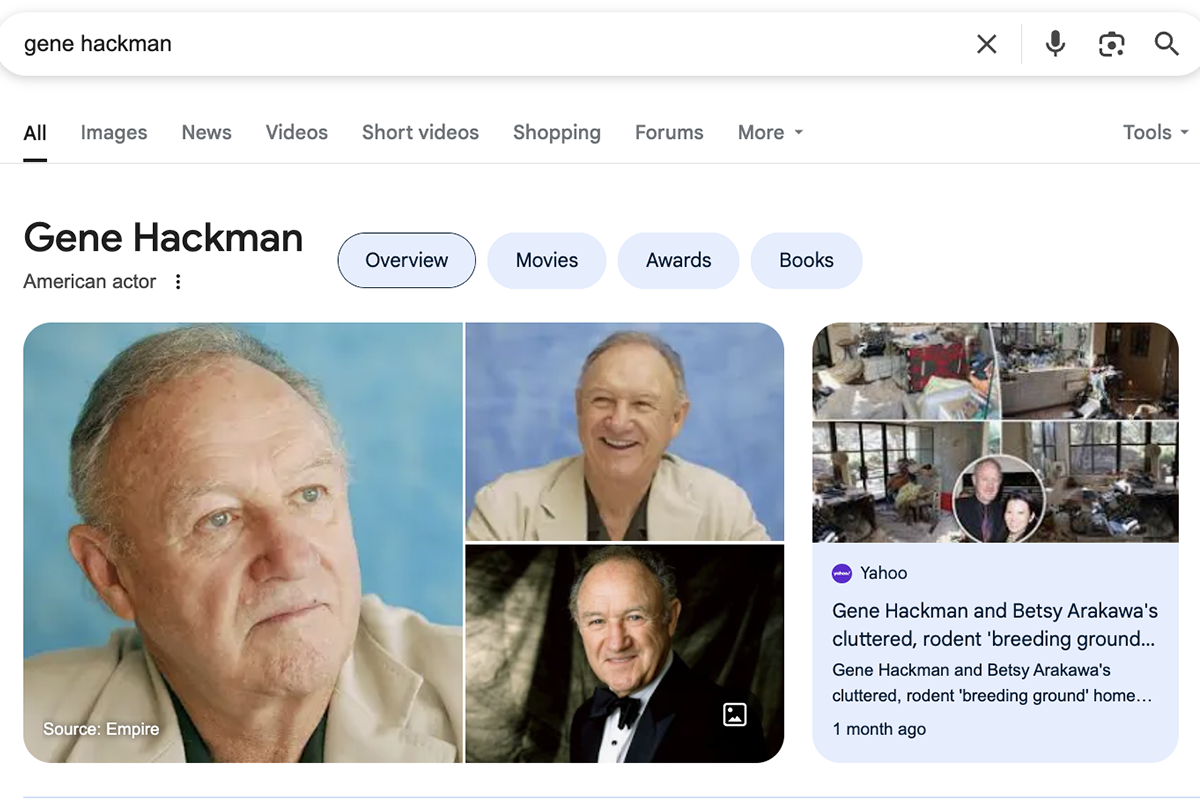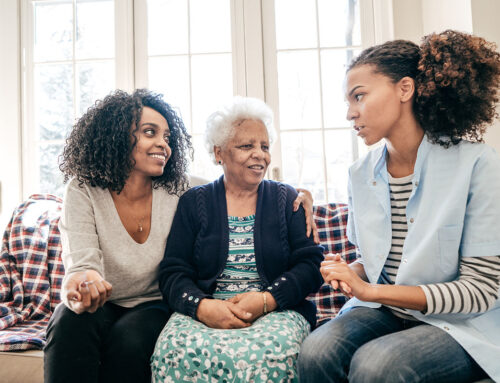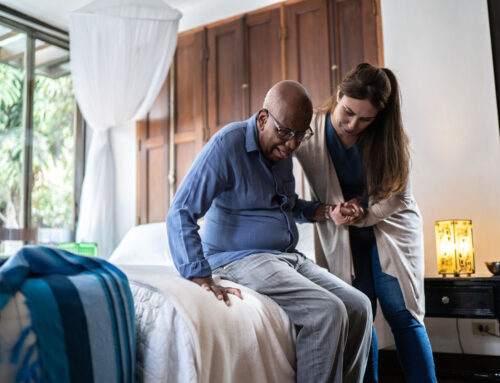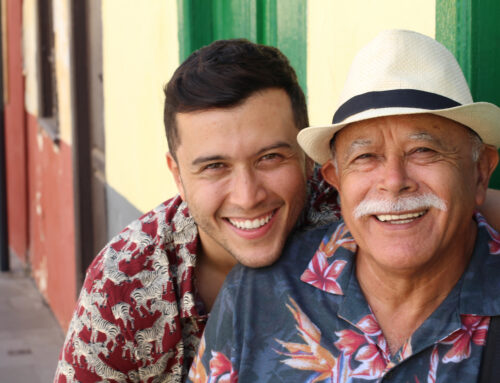Gene Hackman‘s tragedy came to light a few months ago through the media. The legendary actor and his wife, Betsy Arakawa, were found deceased in their New Mexico home. Authorities believe Arakawa passed away first—potentially up to a week before Hackman. She had contacted a health clinic shortly before her death, but tragically, help came too late.
According to medical examiners, Arakawa died of hantavirus pulmonary syndrome, a rare respiratory illness caused by rodent exposure. Hackman’s death was attributed to severe heart disease, with advanced Alzheimer’s disease listed as a contributing factor.
Experts suggest that Hackman’s cognitive decline likely left him unaware of his wife’s death—or, worse, trapped him in a cycle of grief and confusion as he tried to make sense of the loss. In the end, he too succumbed—alone, vulnerable, and deeply affected by conditions that had gone unnoticed.
What We Must Learn from Gene Hackman’s Tragedy
This heartbreaking story is not unique. All too often, aging couples live in isolation, one partner quietly assuming the role of caregiver. When that caregiver falls ill or dies suddenly, the other—especially if living with cognitive or physical decline—may be left helpless.
The Hackman household, though private, offers a vital public lesson: we must do better at checking in on our aging loved ones.
What We Must Learn from Gene Hackman’s Tragedy: Understand The Health Conditions and Support System Surrounding Loved Ones
Know the symptoms and progression of diseases like heart failure or Alzheimer’s. These conditions may go undetected—especially if the person is hiding symptoms or is unable to communicate clearly.
Don’t Overlook the Caregiver. Caregivers often ignore their own health until it’s too late. A sudden illness like Arakawa’s may go unnoticed without outside support.
Make Regular Visits Matter. Beyond friendly chats, visits are opportunities to observe, gently and respectfully. Look for signs that something might be wrong. Catching issues early can be lifesaving.
What We Must Learn from Gene Hackman’s Tragedy: What to Look for During Visits
Here’s a practical checklist to guide your next visit:
- Personal Health & Hygiene
- Weight changes – Unexplained loss or gain
- Bruises or burns – Could signal falls or mishaps
- Hygiene – Poor grooming or dirty clothes
- Mobility – Difficulty walking, standing, or navigating stairs
- Cognitive & Mental Health
- Memory loss – Forgetting names or repeating stories
- Mood changes – Depression, anxiety, withdrawal
- Poor judgment – Leaving the stove on, wandering
- Strange mail/calls – Scam attempts or confusion with bills
- Home Environment
- Cleanliness – Clutter, spoiled food, signs of pests
- Safety hazards – Loose rugs, poor lighting, broken fixtures
- Neglected repairs – Broken appliances or utilities
- Nutrition & Food Safety
- Check the kitchen – Expired or limited food
- Cooking concerns – Burned pans, dirty surfaces
- Food prep habits – Are they eating well and safely?
- Medication Management
- Organization – Are prescriptions labeled and in order?
- Adherence – Are doses being taken properly?
- Expired meds – Indications of neglect or confusion
- Social Engagement
- Isolation – Are they seeing anyone regularly?
- Hobbies – Have favorite activities stopped?
- Community involvement – Missing events or services?
- Finances & Legal Affairs
- Unpaid bills – Stacks of unopened mail
- Scam exposure – Strange purchases or money transfers
- Technology Use
- Phone access – Can they make or answer calls?
- Emergency systems – Are alerts or fall detectors in place?
If You Notice a Problem
Start with compassion. A gentle conversation can go a long way:
“I’ve been a little concerned lately. Can we talk about how you’ve been feeling?”
From there, consider:
- Scheduling a medical check-up
- Bringing in a home care professional
- Making safety modifications to their home
- Exploring alternative living arrangements if needed
Most importantly, stay involved. Regular contact—whether through visits, phone calls, or video chats—helps spot changes early and provides emotional support that is just as important as physical care.
Gene Hackman’s final chapter is heartbreaking, but it doesn’t have to be in vain. Let it be a wake-up call: Our aging loved ones need more than love—they need attention, care, and proactive support.
Resources
Learn more about congestive heart failure:
https://rozeroom.org/caring-for-chf-as-summer-approaches/
https://rozeroom.org/when-is-it-time-to-consider-hospice-care-for-chf/
https://rozeroom.org/eight-ways-hospice-improves-quality-of-life-for-chf/
Learn more about Alzheimer’s and dementia
https://rozeroom.org/understanding-alzheimers-and-dementia/
https://rozeroom.org/coping-with-an-alzheimers-diagnosis/
https://rozeroom.org/8-ways-hospice-helps-families-living-with-alzheimers/
Contact us for elder care assessments or support





